Report: OpenAI considered accusing Microsoft of anticompetitive behavior
Negotiation tactics get tough between two previously tight partners, according to WSJ report

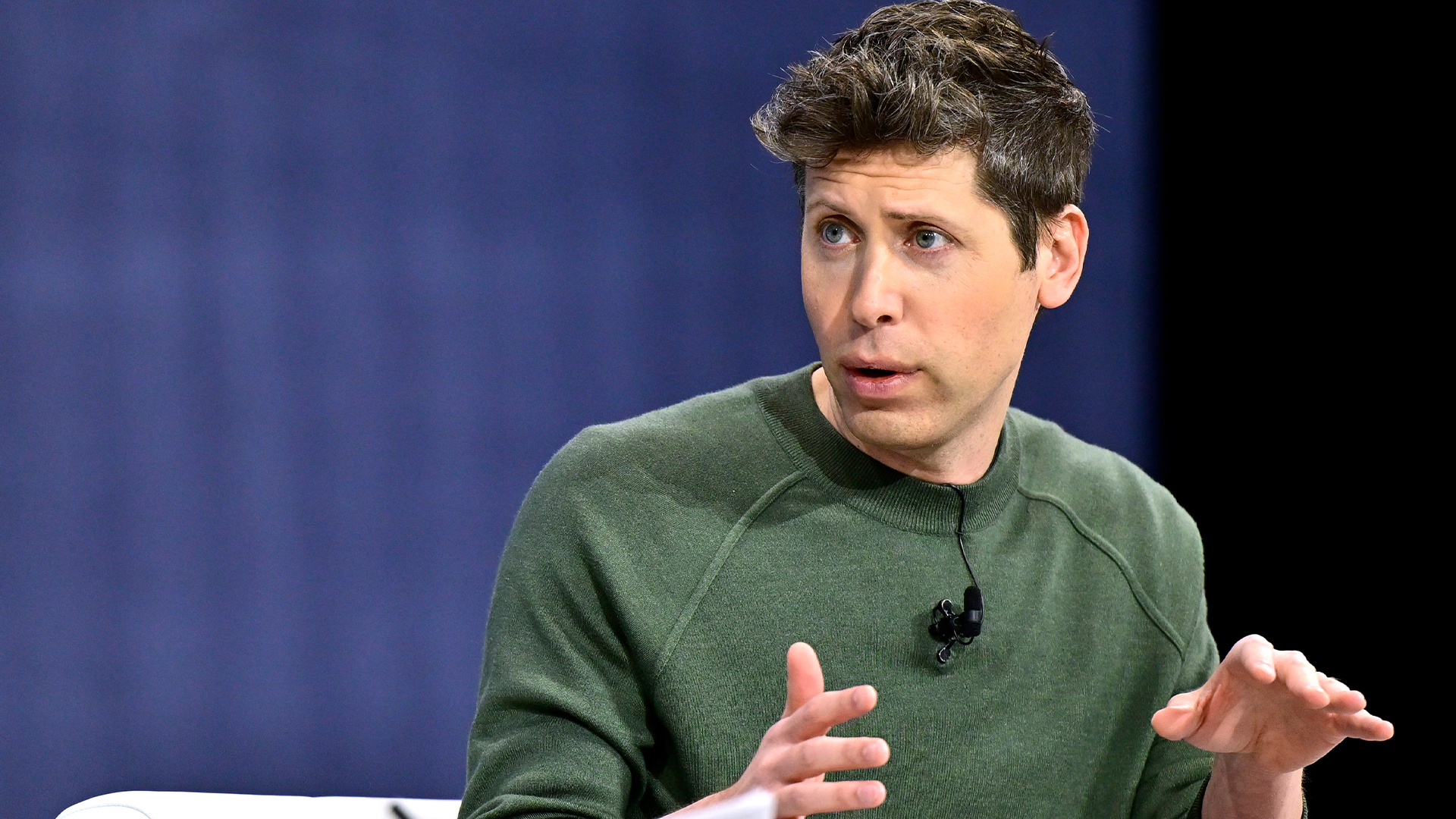
The relationship between Microsoft and OpenAI could be set to get nasty, with the latter reportedly considering accusing its investor and partner of anti-competitive behavior.
Microsoft was an early – and generous – backer of OpenAI, with an initial investment of $1 billion in 2019 since expanding to $13 billion in total, while Microsoft CEO Satya Nadella offered to hire OpenAI CEO Sam Altman when he was briefly ousted by the company's board.
However, more recently the previously exclusive relationship has loosened by allowing OpenAI to work with other infrastructure providers when required, notably on the Stargate project, while the AI firm has signed a $12bn deal with infrastructure provider CoreWeave.
Report says tensions have reached "boiling point"
Now, a report in the Wall Street Journal alleging that "tensions are reaching a boiling point" amid disagreements over Microsoft's stake if OpenAI ditches the non-profit model, the tech giant's control over the AI developer's compute resources and AI products, as well as OpenAI's $3 billion acquisition of Windsurf, an AI coding startup.
As negotiations drag on, the Wall Street Journal cited sources saying OpenAI executives considered publicly accusing Microsoft of anti-competitive behavior – perhaps even sparking a legal review of the contract. Microsoft is currently being studied by American regulators on antitrust grounds, including its OpenAI partnership.
OpenAI has yet to respond to a request for comment from ITPRO, but the two companies said in a joint statement that the talks remain positive.
Sign up today and you will receive a free copy of our Future Focus 2025 report - the leading guidance on AI, cybersecurity and other IT challenges as per 700+ senior executives
"We have a long-term, productive partnership that has delivered amazing AI tools for everyone," the two companies said in a joint statement sent to the newspaper. "Talks are ongoing and we are optimistic we will continue to build together for years to come."
Cause of the rift
While the rift between the two partners may be little other than friction caused by evolving technologies and business models – the companies now offer competing products, after all – there are specific pain points.
One issue, according to that report, is OpenAI's attempt to shift away from a non-profit to a public benefit corporation, a plan detailed earlier this year designed to help the AI company raise more funds. According to the report, the pair are disputing how much of a stake Microsoft should get in the new company, potentially delaying the move. The Information reported that OpenAI has responded with an offer giving Microsoft a third of the new company, though it would give up rights to profit in the future.
Also at issue are core aspects of the existing deal between the two companies. According to the report, OpenAI wants to provide its systems via a wider range of cloud providers, all rivals to Microsoft's Azure, while Microsoft wants to maintain access to OpenAI's models even after the company declares it has achieved Artificial General Intelligence, which under the current terms would end the partnership. Microsoft recently added a wider range of rival AI models to Azure, including Grok from Elon Musk's xAI, while OpenAI has signed up to use Google's Cloud.
Beyond that, OpenAI wants to prevent Microsoft from accessing information about Windsurf, which would be allowed under the current agreement. Microsoft's GitHub Copilot directly competes with Windsurf, so such access could spark regulatory attention on the deal.
Of course, it's no surprise that a deal worth billions concerning a potentially disruptive technology would come with bumps along the road – especially with Microsoft investing in building its own models, notably by hiring DeepMind founder and former Google staffer Mustafa Suleyman.
Freelance journalist Nicole Kobie first started writing for ITPro in 2007, with bylines in New Scientist, Wired, PC Pro and many more.
Nicole the author of a book about the history of technology, The Long History of the Future.
-
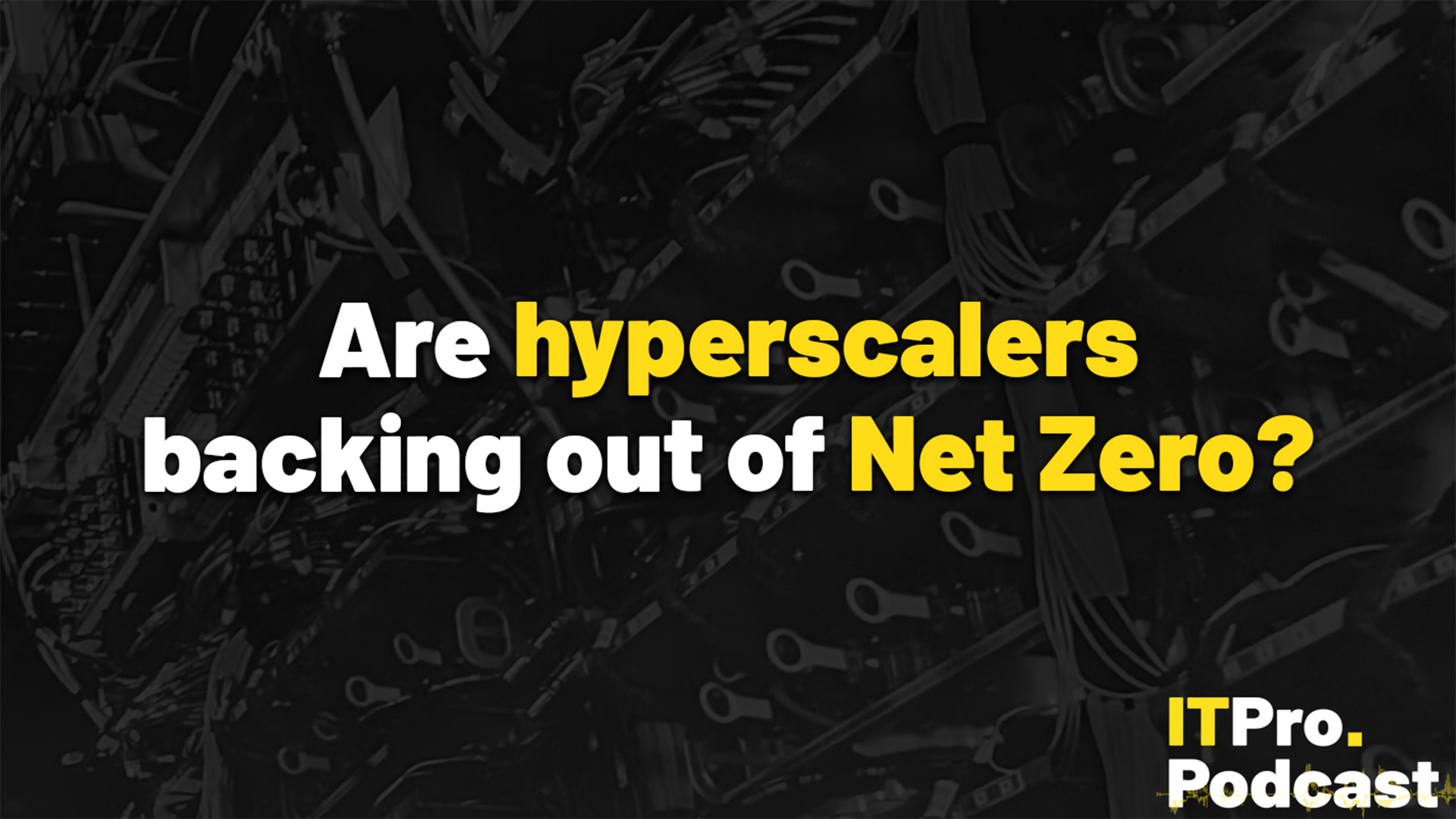 Are hyperscalers backing out of Net Zero?
Are hyperscalers backing out of Net Zero?ITPro Podcast Expanding data center construction and demand for high-energy workloads are pushing hyperscalers off course on carbon
-
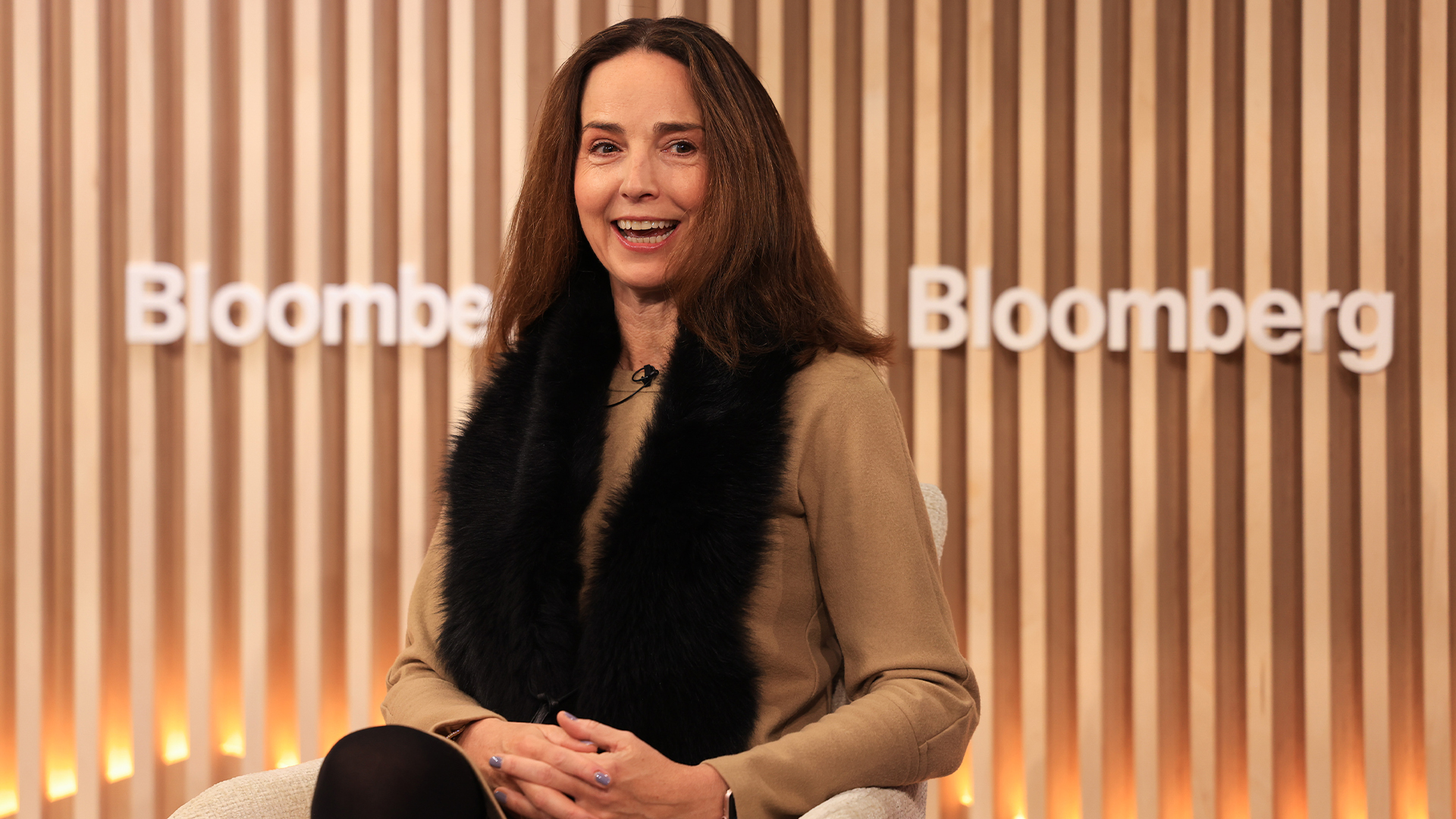 OpenAI CFO teases new money-making plans as AI giant targets 'practical adoption' gains in 2026 and beyond
OpenAI CFO teases new money-making plans as AI giant targets 'practical adoption' gains in 2026 and beyondNews OpenAI made $20bn in 2025 as it continues to expand revenue streams with ads and upcoming AI-powered devices
-
 Pax8 and Microsoft are teaming up to supercharge MSP growth
Pax8 and Microsoft are teaming up to supercharge MSP growthNews The new agreement includes integration between Pax8 and Microsoft Marketplace alongside a new OneCloud Guided Growth enablement initiative
-
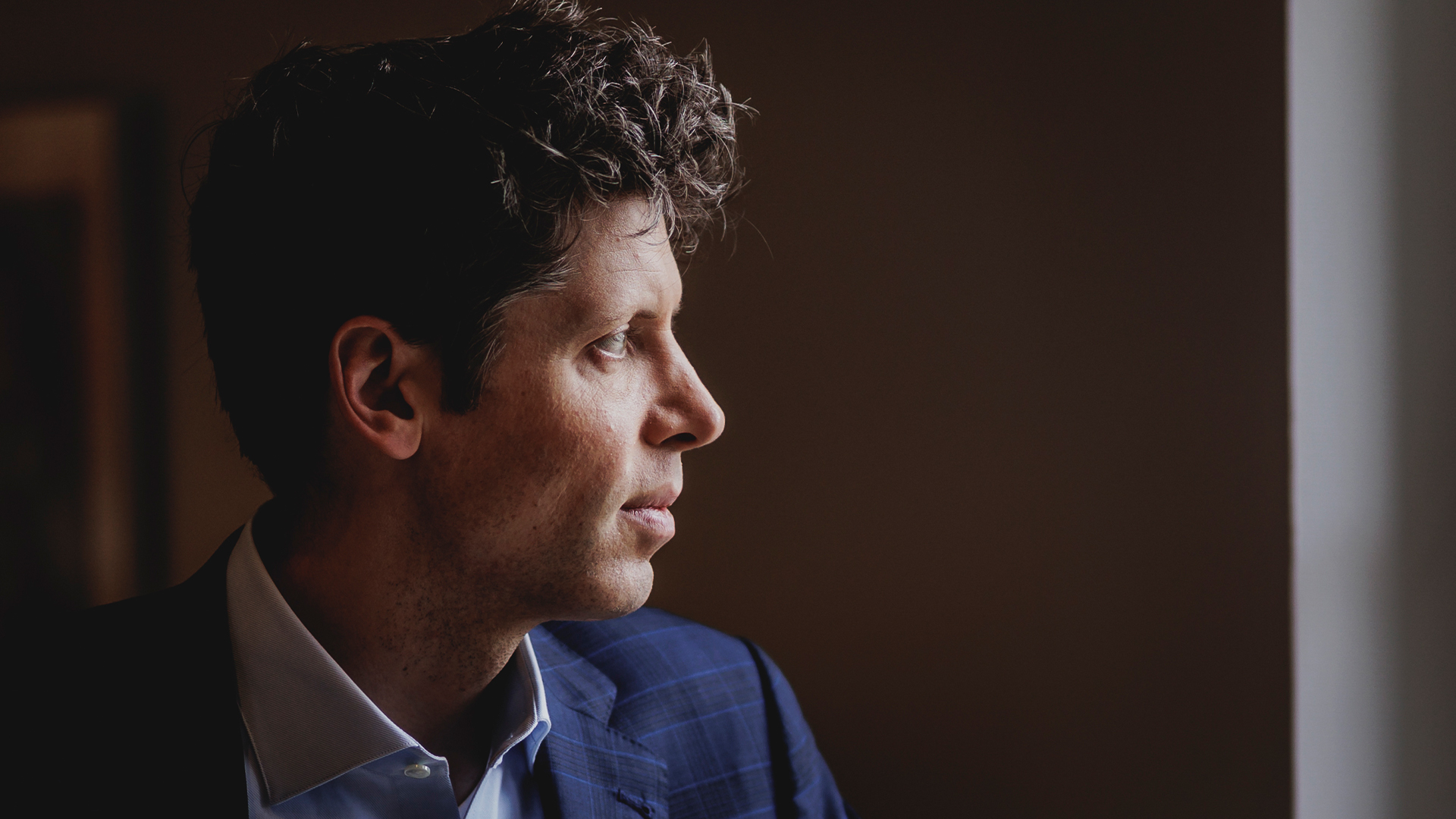 ‘Governments should not pick winners or losers’: OpenAI CEO Sam Altman takes to X in damage control mode after government ‘backstop’ comments
‘Governments should not pick winners or losers’: OpenAI CEO Sam Altman takes to X in damage control mode after government ‘backstop’ commentsNews OpenAI CEO Sam Altman appears to be in a state of damage control in the wake of recent comments touting potential government support for the AI company.
-
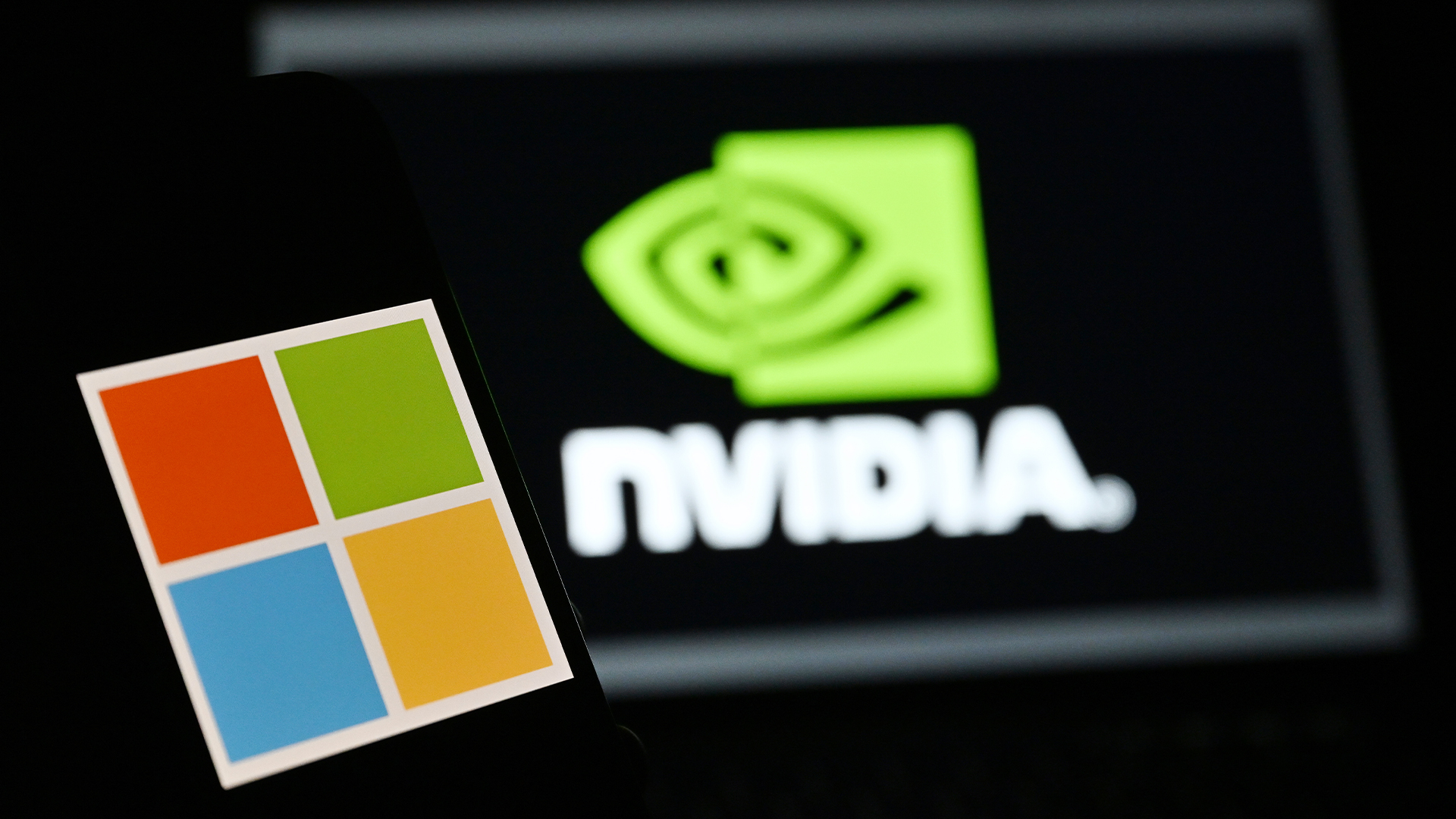 Microsoft and Nvidia are teaming up again to support UK startups
Microsoft and Nvidia are teaming up again to support UK startupsNews Agentic Launchpad will offer participants AI expertise, training and networking, and marketing support
-
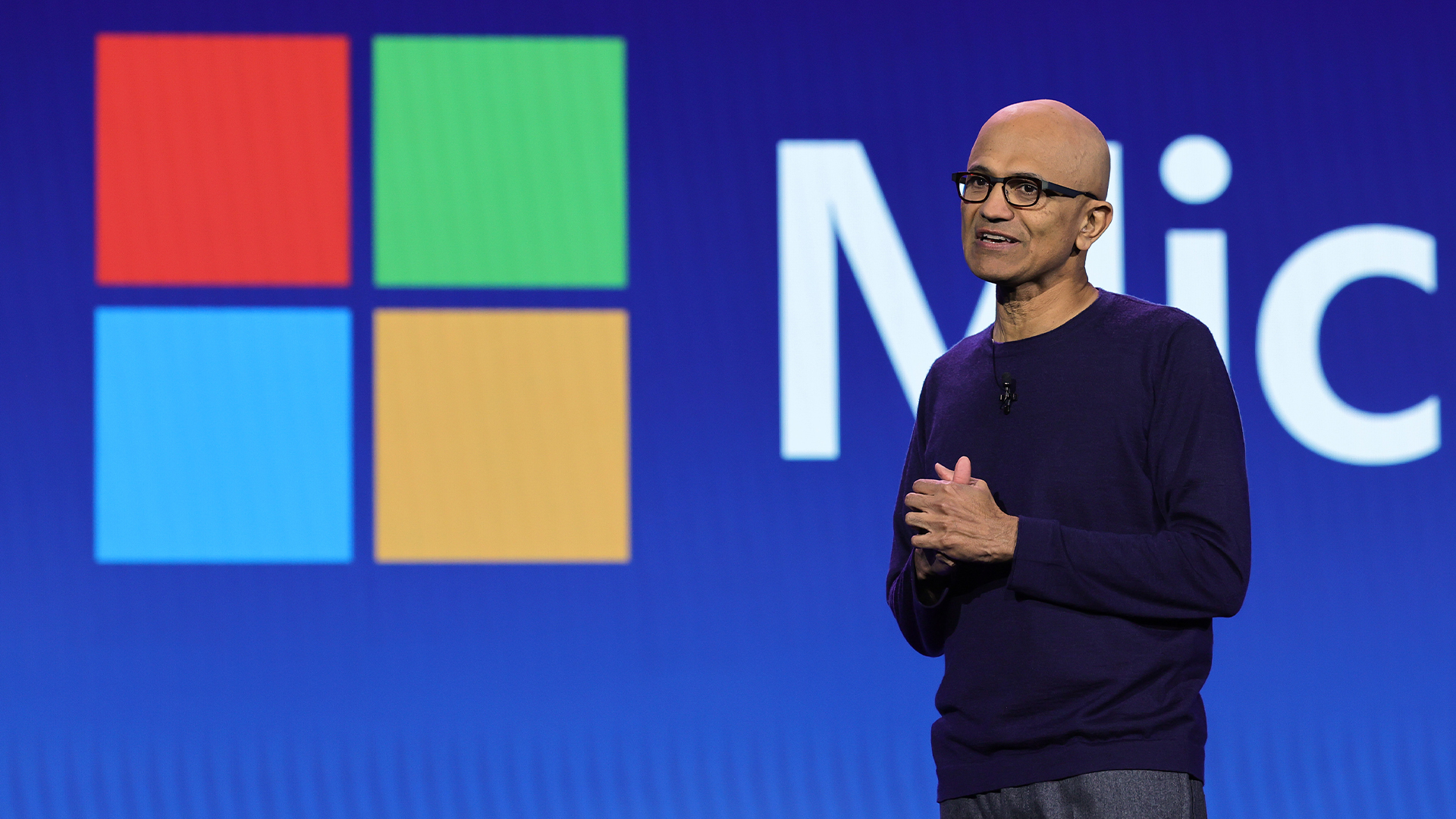 Microsoft’s huge AI spending still has investors sweating despite solid cloud growth
Microsoft’s huge AI spending still has investors sweating despite solid cloud growthNews Capital spending at Microsoft continues to surge, despite previous claims it would cool down
-
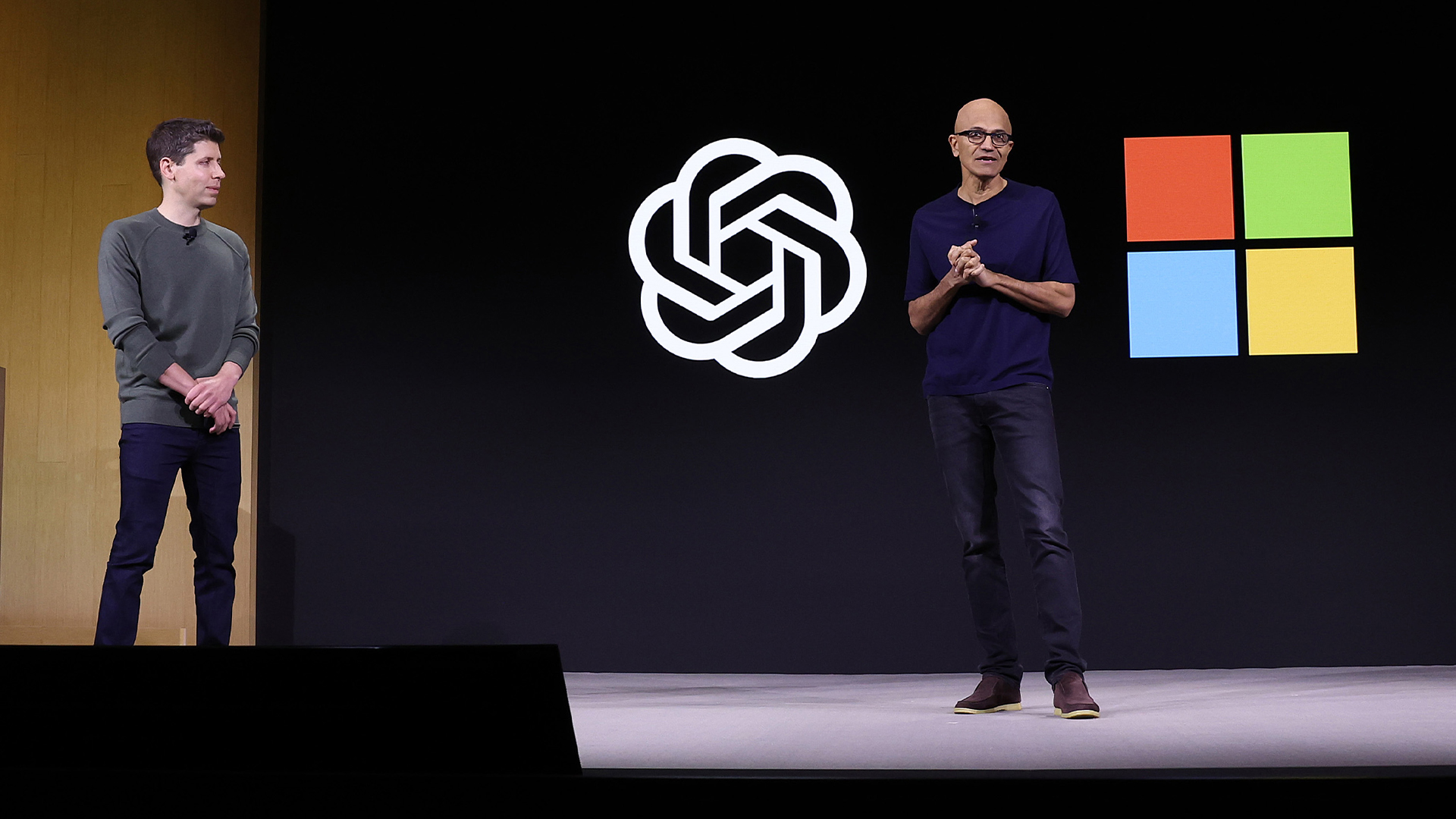 Microsoft gives OpenAI restructuring plans the green light – but its terms ensure it still wins in the long run
Microsoft gives OpenAI restructuring plans the green light – but its terms ensure it still wins in the long runNews The deal removes fundraising constraints and modifies Microsoft's rights to use OpenAI models and products
-
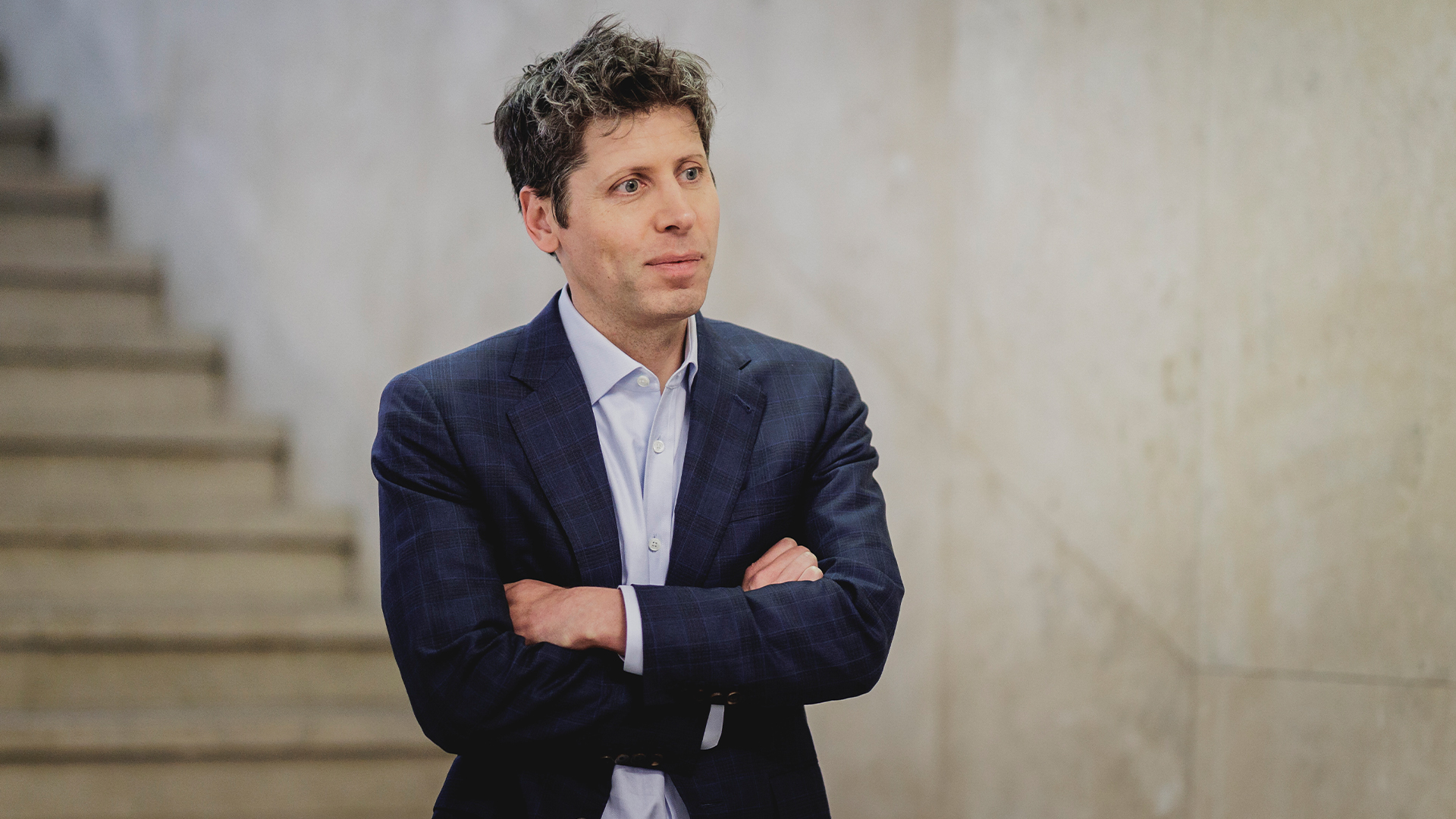 OpenAI has a bold plan to pay for its $1 trillion spending spree: Ads, personal assistants, and cheaper subscriptions
OpenAI has a bold plan to pay for its $1 trillion spending spree: Ads, personal assistants, and cheaper subscriptionsNews OpenAI has lined up more than $1 trillion in spending – and now it's trying to figure out how to pay for it all.


